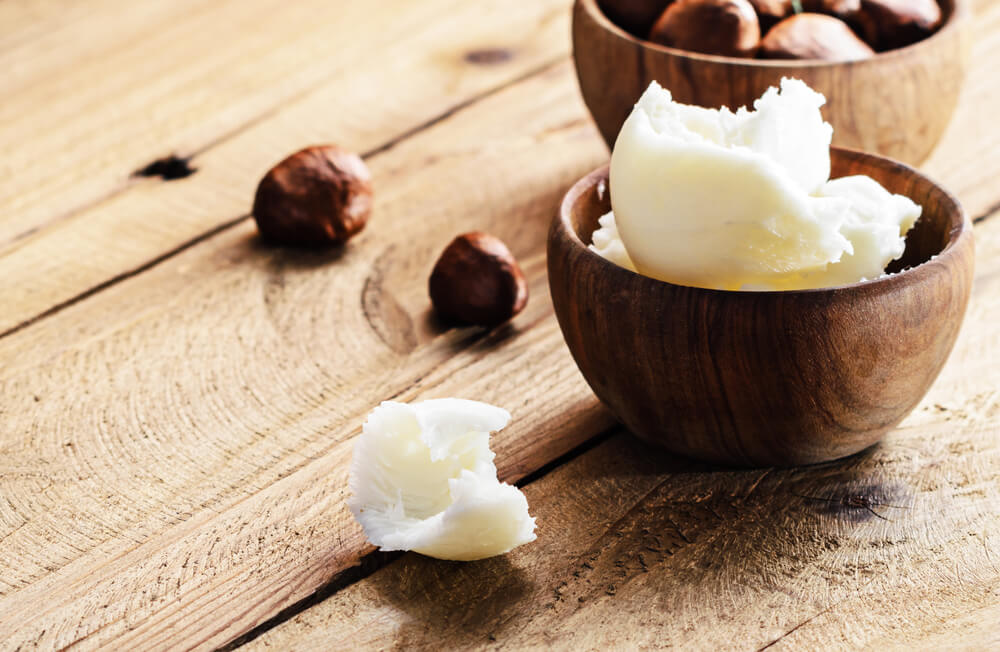How to use shea butter as a hair moisturizer?
- Organic World > Home Recipes World > Boost health & growth of hair
- dandruff, hair-freshness, hair-health, hair-moisturizer, itchy-scalp, shea-butter, shea-oil
- 748
*Links : #CommissionsEarned Links.
See Also: Affiliate Disclosure

Shea butter is a fat extracted from shea nuts that are harvested from the “Vitellaria Paradoxa” tree in West Africa. it is widely used in cosmetics (as a moisturizer, salve, or lotion), natural skin care products, and hair-related products. Also, it is edible and used in food preparation in some African countries.
Shea butter has a lot of potential in the hair care world, it helps to seal in moisture, condition the scalp, reduce dandruff, and provide effective protection from harsh climates.
In addition to the moisturizing benefits for hair and scalp, Shea butter can also provide volume to your hair when applied to just the roots when styling. we will explain an easy and effective way how to use shea butter as a hair moisturizer but before we start let’s see the most common benefits of shea butter for health.
Most common benefits of shea butter for health:
- Stretch mark prevention during pregnancy.
- Anti-inflammatory skin moisturizer.
- Anti-Aging Properties.
- Moisturizes Both Scalp and Hair.
- Reduces scalp irritation.
- Relieves Windburn, Sunburn.
- Relieves Winter Dry Skin.
How to use shea butter as a hair moisturizer:
- Warm the shea butter and rub it thoroughly over your hair and scalp.
- Leave it on for 20–30 minutes.
- Then rinse with shampoo as normal.
Different effects of using shea?
Because the shea is available in both oil and butter form. so the effects may be different as follows:
- If you have thin or greasy hair, shea butter can be heavy and make your hair flat or greasier.
- for people who have looser hair texture, shea oil in small portions may be more beneficial.
The best condition to store shea butter:
Shea butter should be stored at room temperature and make sure to store it at a consistent temperature also in locations that aren’t affected by heat because If it is stored in a too-warm location, it will melt and return to liquid form.
Also, if you keep it in a place with too low a temperature, it will become solid and difficult to use.




 (41 votes, average: 5.00 out of 5)
(41 votes, average: 5.00 out of 5)


